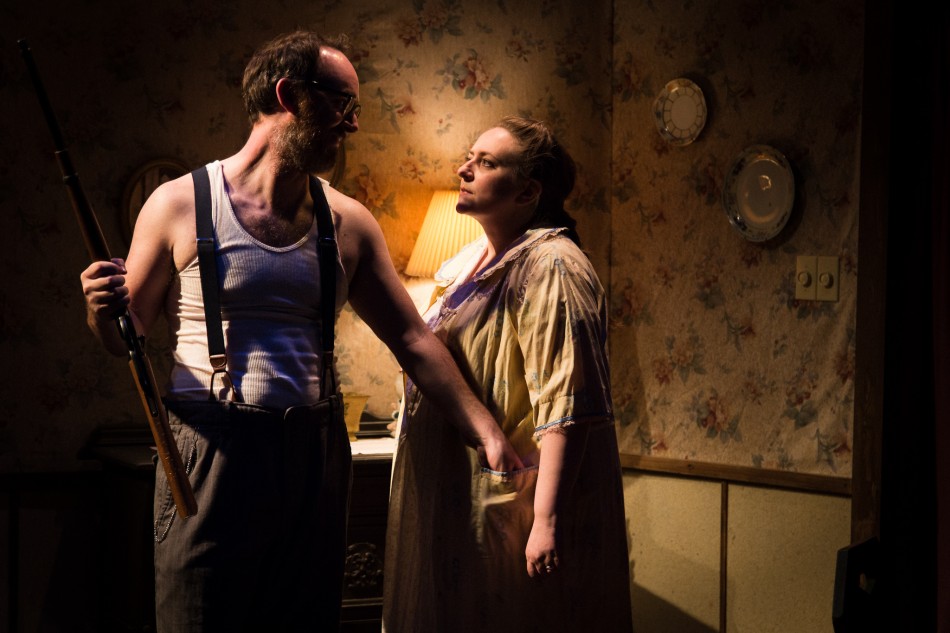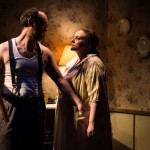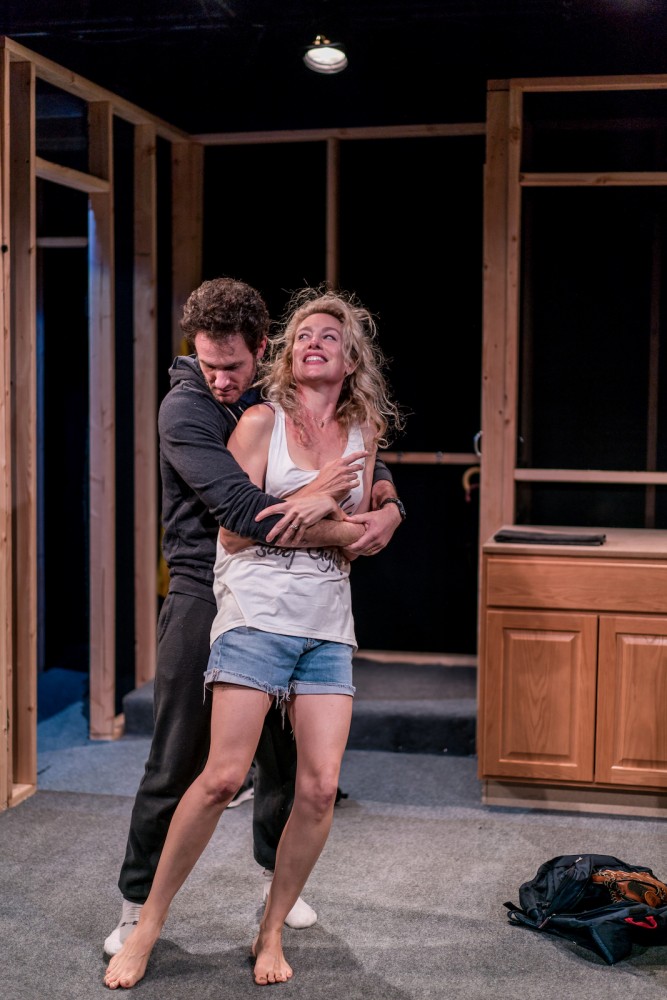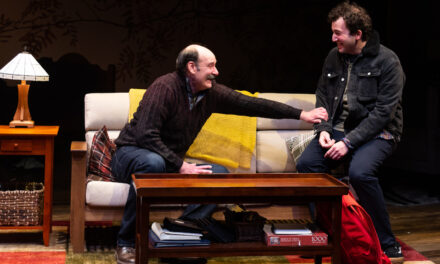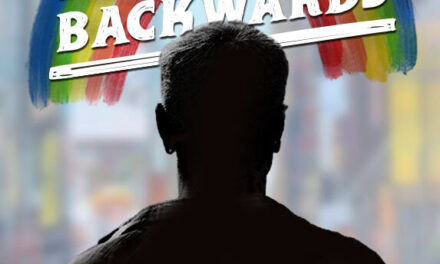From My Seat in the House by Mari Lyn Henry (NY Theater Review)
A work of fiction based on historical fact
Back Story: The first Freedom Ride left Washington, D.C. scheduled to arrive in New Orleans on May 17th. Freedom Riders were civil rights activists who rode interstate buses into the segregated southern U.S. to challenge the non-enforcement of the US Supreme Court decisions which ruled that segregated public buses were unconstitutional. The government did not enforce the rulings in the South which ignored the rule.
Freedom Rides provoked violent reactions but bolstered the credibility of the American Civil Rights Movement. Police arrested riders for trespassing, unlawful assembly, and violating state and local Jim Crow laws, but would often let white mobs attack them without intervention.
The place is a small farm in Grace, Alabama, near the Alabama/Tennessee Border. The radio is playing a Patsy Cline tune but almost inaudible due to the noisy static. Breaking news interrupts the music; there has been an anti- segregation riot in Nashville. Rose Walker turns off radio, works with her yarn, husband Gideon reads his bible. She goes upstairs to bed, he sleeps on sofa. We perceive that this routine life has been going on for some time. That changes, when after hearing her sing “In the sweet Bye and Bye” a group of four tired, hungry, thirsty, injured Freedom Riders knock on their door for help. Gideon gets the rifle, Rose has hidden the bullets. The sounds of desperation are getting louder. She opens the door despite her husband’s anger and racial bigotry. “You can’t turn them away because they are just ‘babies’.” David and Claire are black; Annabelle and Artie are white. Artie’s shirt is bloody, his face is bleeding. Rose attends to his wounds. They have been in the demonstration, attacked by the mob, the sheriff has driven them to the state line and abandoned them. Except for Artie, there are no visible signs of their journey. Claire holds her arm and is chilled to the bone, but where was the trembling, frightened, exhausted, physical behavior which would have had a stronger impact and empathy? The dark walk, the threat of the Klan or the dogs, feral animals, siren sounds, frosty air?
Rose feeds them but when Artie gets “sarcastic” she forces him to take the bacon out of his mouth. Embarrassed, Artie apologizes and offers to fix the radio. Rose expects Gideon to fix IT (the situation). Fierce pounding on door ends first act when Gideon cries “God Help me.”
They are forced to hide in the house and the barn before Russell, Gideon’s illiterate half brother appears. His menacing, racist remarks, and veiled threats create much needed tension. When his father, Old Man Skinner enters the room, he starts looking for the fugitives and proudly utters “I can smell ‘em!” He is put off the scent when Rose enters with the rifle pointed at him and Russell and they exit.
Locals have seen Gideon with a “stranger” in his pickup at the gas station, where Artie could phone for help. They are given weapons in case of attack but don’t know how to use them. At night the women are upstairs with Rose; Artie, Gideon and David asleep in the living room. Claire enters barefoot, and quietly goes to Artie indicating a romantic connection between them. A whispered dialogue ensues which is not heard by the audience and there were other moments in the play that needed far more vocal projection. The relationship prompts David’s advice to Artie about the risks and prejudice against interracial relationships.
Enter Ms. Katz, the head coordinator for the Freedom Riders, to rescue the “kids”. The character is also a messenger about the intolerance in Germany when she and her family were forced to leave their home because of anti-Semitism. ‘We have the Jew, the Black and the woman. We all read the same books.” The couple coordinates a plan with Ms. Katz to get them back to Birmingham.
In the final scene Rose and Gideon sit with yarn and bible except the radio is now working. Gideon goes to her and they share an embrace.
My major problem with the play was the casting. The group has been referred to as babies and kids.The actors didn’t look young enough. Rose didn’t look much older, and was still supposed to be in her child bearing years. The pacing throughout was slow, more dialogue could have overlapped, needed stronger transitions during and between seventeen scenes. It might make a better movie.
Playwright: Christie Perfetti Williams
Director: DeLisa White
Two acts running time: two hours
WorkShop Theatre, Retro Productions
312 W. 36th Street, 4th Floor, New York City
May 5 – May 17 (the same dates as the first Freedom Ride in 1961)
Photo: Kyle Connolly


